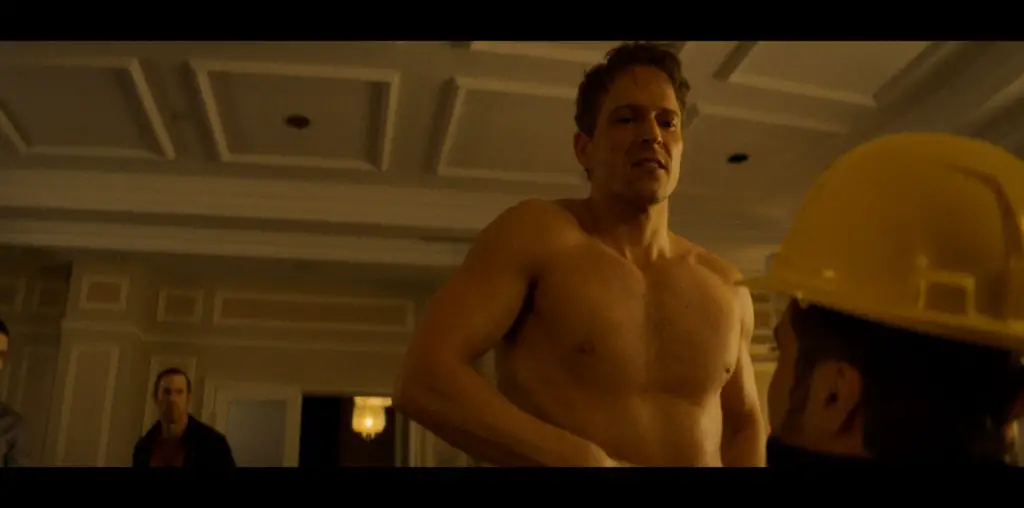
While it may be a clever idea to make a film about life’s failures and disappointments to the backdrop of the Red Sox’s disastrous World Series loss in 1986, Michael Hoffman’s “Game 6” fails to make use of its clever dialogue and concepts as it attempts to become something more profound.
Michael Keaton is good as Nicky, a playwright who has written what is probably the best play of his career, but is afraid of getting panned by a ruthless critic, played by an underused but funny Robert Downey, Jr. The film follows the day of the play’s premiere and the ill-fated game, as Nicky rides around in taxis and sees someone he knows every time he looks out the window. He has to deal with his wife who wants a divorce, his mistress and his daughter, who pop up and disappear while Nicky freaks out about the game and the critic. One of Nicky’s friends (Griffin Dunne) has driven himself mad memorizing this critic’s negative review of his play, and everyone is afraid of him. He’s even on the cover of New York Magazine, and in the ads of every taxi. I can only hope to one reach such fame, and this movie has taught me that the road to this glory is mercilessly trashing films like this one by ignoring its positive qualities and insulting its failures.
One impressively stale running gag involves the fact that many cab drivers have foreign sounding names, and aren’t interested in hearing about when Nicky was a cab driver. The screenplay was written 13 years before the movie was made, so it’s possible that only 40 percent of hack comedians were talking about immigrant cab drivers when the filmmakers conceived the joke. This gag receives its alleged payoff when the game reaches its climax, when an older black woman and her cute grandson get out of the cab to watch the game and incessantly remind Nicky that he needs to have faith in life and the Red Sox’s ability to win, just in case the audience needed it spelled out, then stated, then used in a sentence, then illustrated in diagram.
To be fair, and perhaps harm my career, there are some positive qualities. Keaton skillfully delivers some amusing dialogue about how the Sox are a great team because they lose with real style. And Downey has a nice moment at the conclusion despite his limited screen time.
With a budget of “less than $1 million,” according to Hoffman when he introduced it at its Sundance premiere, “Game 6” shows no signs of monetary constraints. Shot on 35-mm, the film looks great as an ‘80s period piece. The art direction creates authentic settings, while the characters end up in traffic jams, one of which involves an asbestos explosion, as they drift through their day. But it can’t make up for a story that’s basically one big insult to the intelligence of anyone who watches it.
